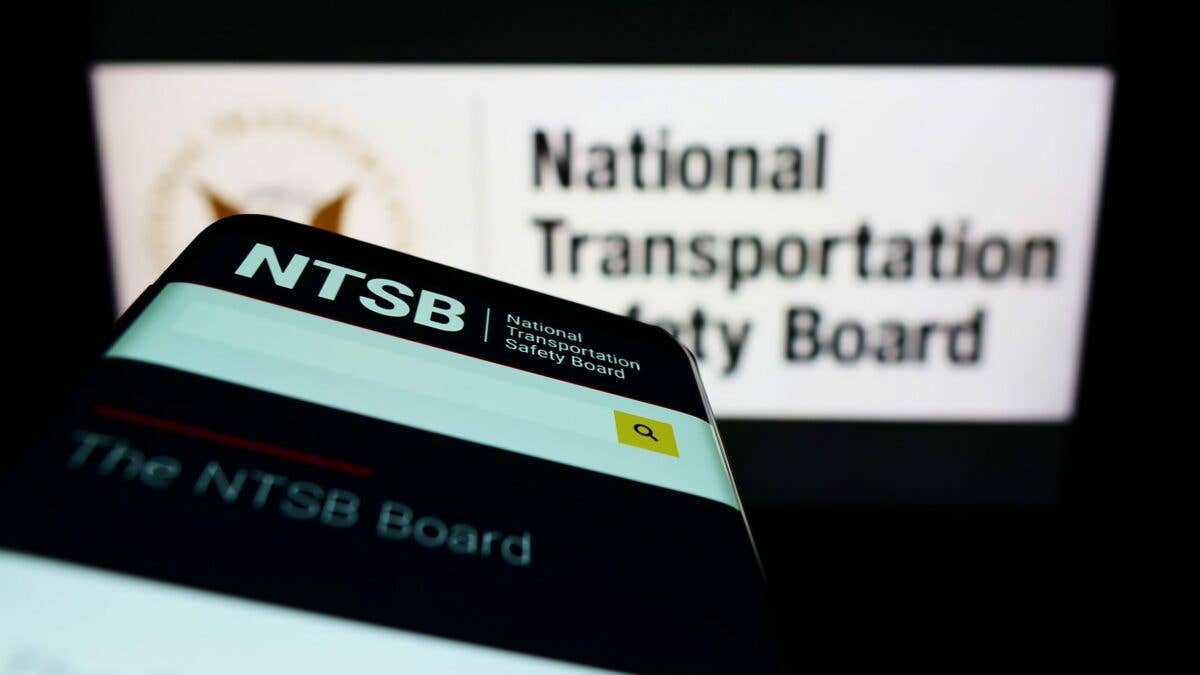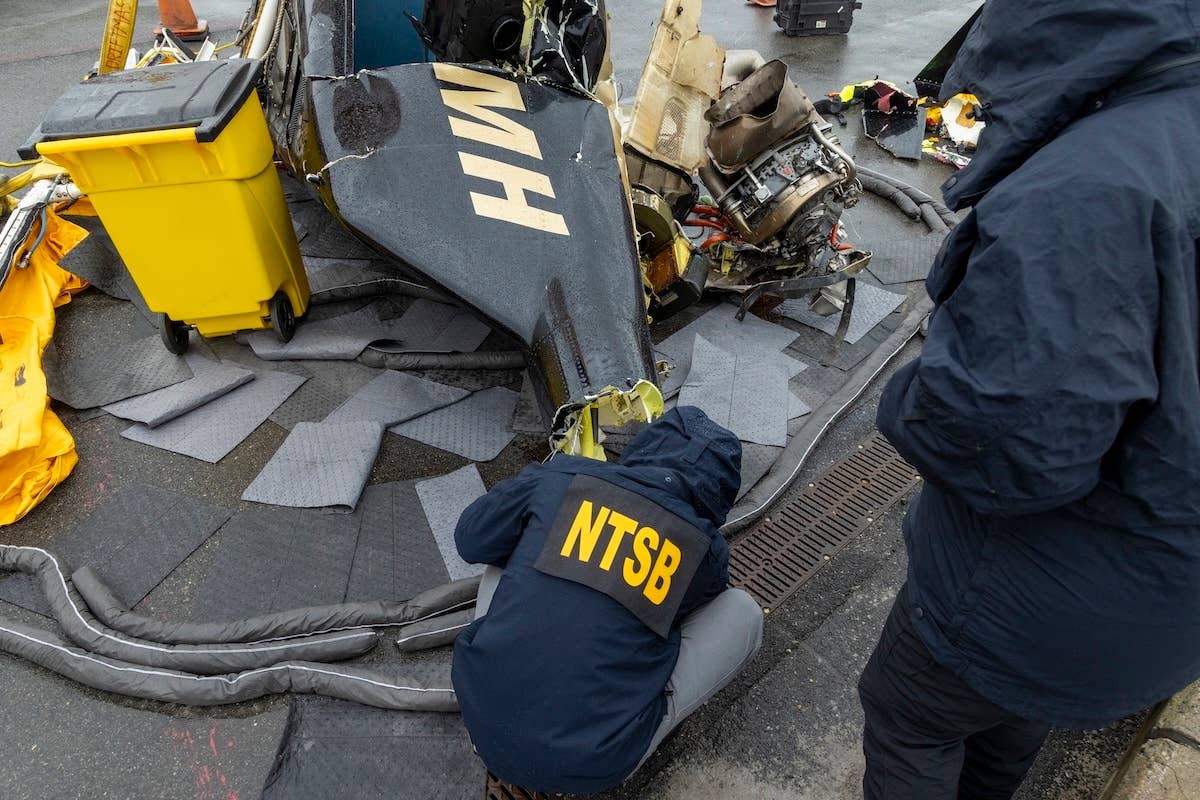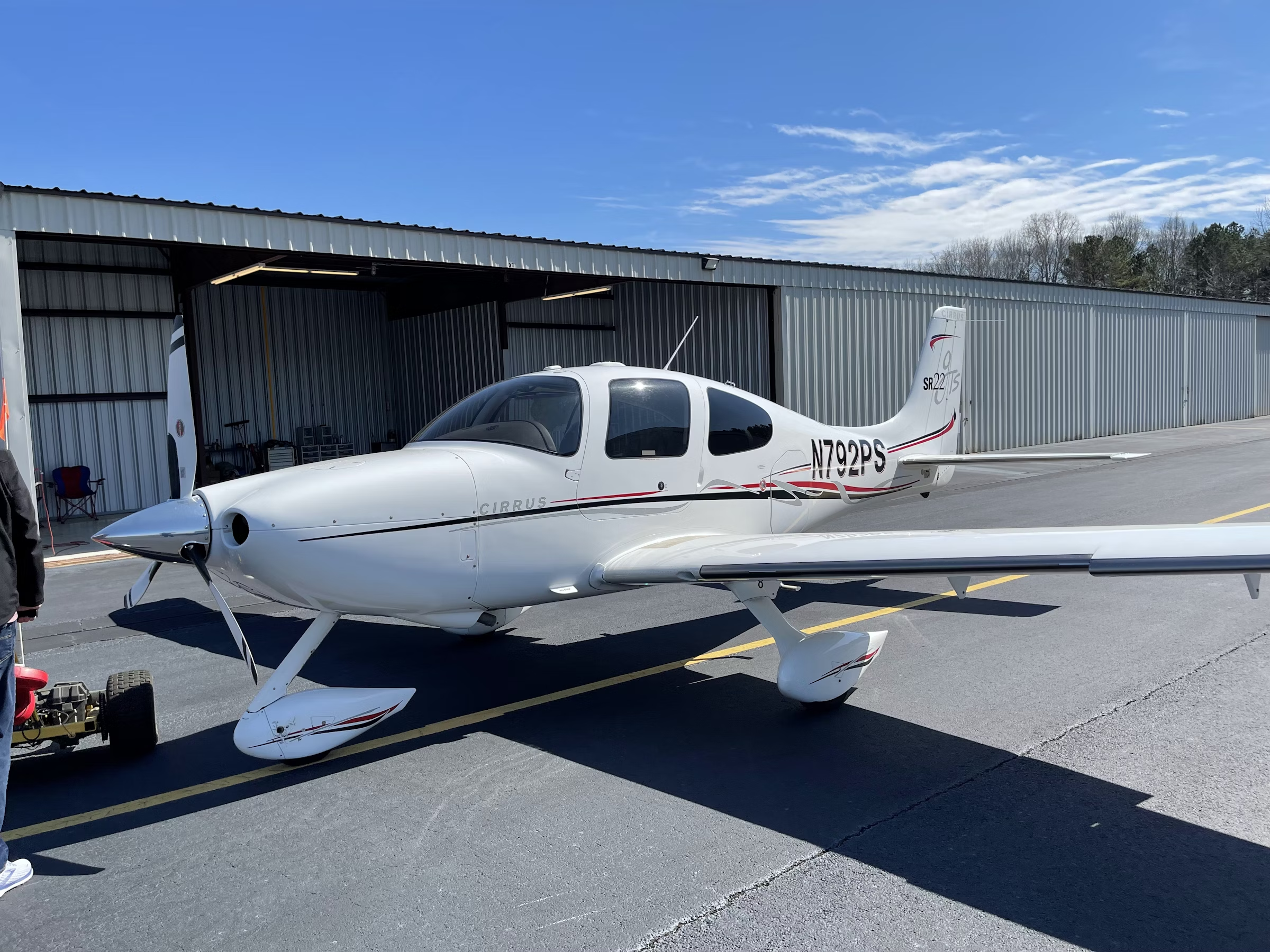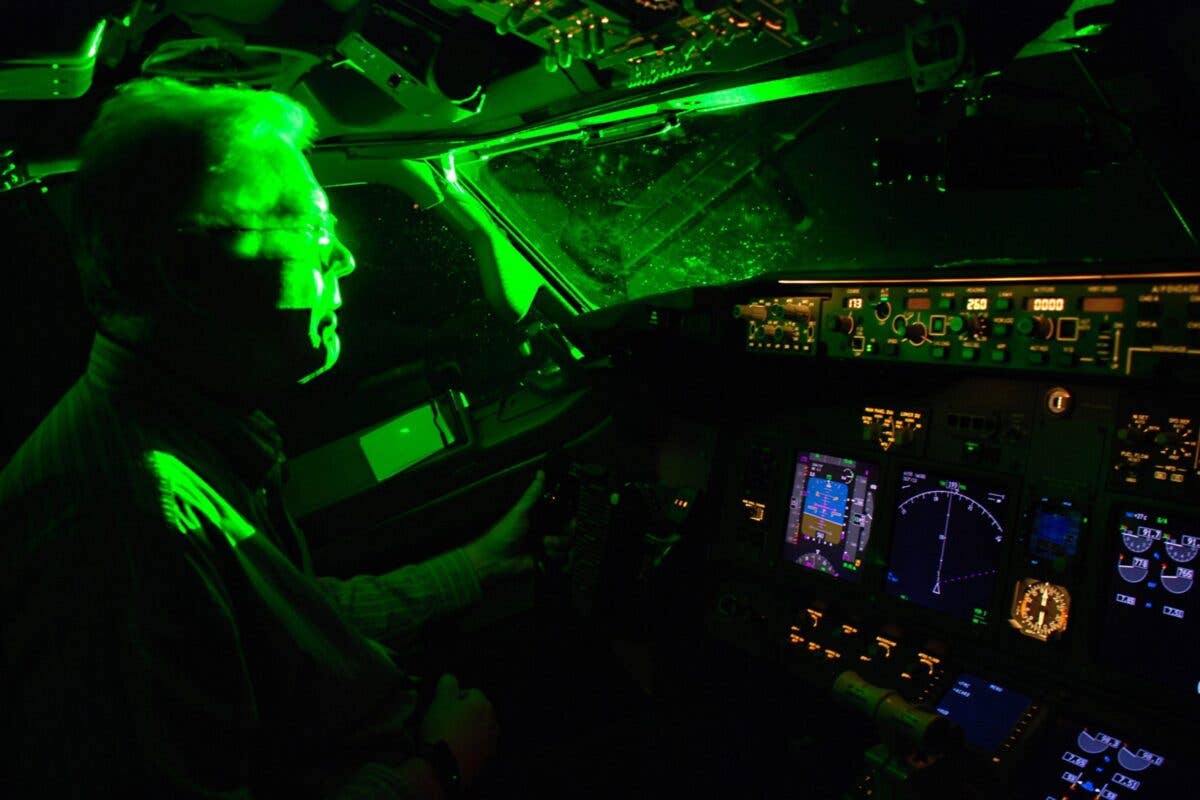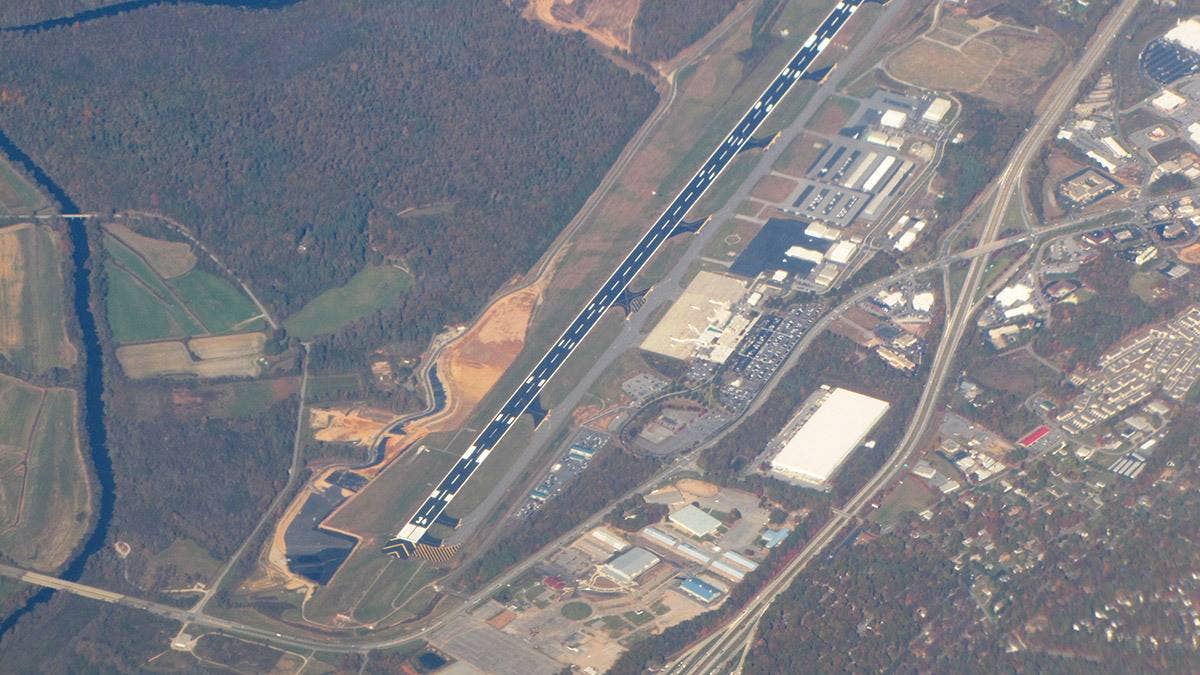
Asheville Regional Airport in North Carolina is undergoing major renovations, including a new 8,000-foot runway and ramp work. Asheville Regional Airport
The FAA’s Southern Region has rejected the Aircraft Owners and Pilots Association’s claim that “egregious” FBO pricing at Asheville Regional Airport in North Carolina violates federal airport grant assurances, calling the Part 13 complaint the association filed last summer “unpersuasive.”
The FAA Southern Region Airports Division wrote in a June 7 letter to AOPA general counsel Kenneth Mead that an investigation conducted over several months agreed with the Asheville Airport Authority’s assertion that the fees charged by the airport’s sole FBO are “necessary and reasonable.” The agency went on to say it determined that the allegations made by AOPA in its complaint “are not supported and no further review is warranted.”
The issue swirled around AOPA’s contention that some airports and FBOs are charging its members for services “they don’t ask for or need,” effectively denying pilots “affordable access” to those facilities. In rejecting AOPA’s complaint, the FAA noted that FBOs spend millions of dollars to build facilities and compete for leaseholds at airports with the clear understanding that they will charge aircraft owners fees for using those facilities.
The agency noted that the FBO investment by Signature Flight Support at Asheville Regional Airport included construction of the general aviation terminal building, large communal hangars, 68 T-hangars, aircraft maintenance facilities, office space, a fuel farm and a self-service fuel pump. “In addition to this initial investment,” the FAA wrote, “the FBO was required to spend another $750,000 in leasehold improvements, including, as a minimum, improvements to the south and middle ramps as well as future financial commitments assumed in the lease agreement.” The FAA said it found no evidence that FBO fees at Asheville Regional Airport are excessive.
The ruling is a serious blow against AOPA’s crusade to change fee policies at about a dozen general aviation airports served by single FBOs. In nearly every case, the FBO in question has been Signature Flight Support, which levies ramp fees on transient single-engine piston airplanes at the affected airports of $29, a charge that is waived with the purchase of seven gallons of fuel. Charges for turboprops and jets are higher, often running to hundreds of dollars.
The FAA said it reviewed Asheville Airport’s grant assurances and found they complied with federal law. “In considering whether Signature’s fees are reasonable,” the FAA added, “we found AOPA’s assertions to be unpersuasive.”
The National Air Transport Association, which represents airport businesses like FBOs, said AOPA’s actions against airports and FBOs reflected a “misunderstanding” of the economics of aviation businesses, the pricing of services and airport-FBO relationships.
“NATA and its aviation business members are pleased that the FAA took the necessary time and steps to understand the complexity of the issue and to consider the views of all stakeholders,” said NATA president Marty Hiller. “The FAA’s complaint review letter illustrates the profound role of airport sponsors in upholding their federal obligations, and ensuring fees are reasonable and access to the airport is available to all users.”
In a statement, AOPA’s Mead said the association will fight on.
“Using all available avenues, we will continue to fight for reasonable access, transparent and public pricing and competition,” he said. “It also is fundamentally offensive for the FAA to imply that it is an acceptable business practice to make pilots pay for services they don’t request or need.”

Sign-up for newsletters & special offers!
Get the latest FLYING stories & special offers delivered directly to your inbox

